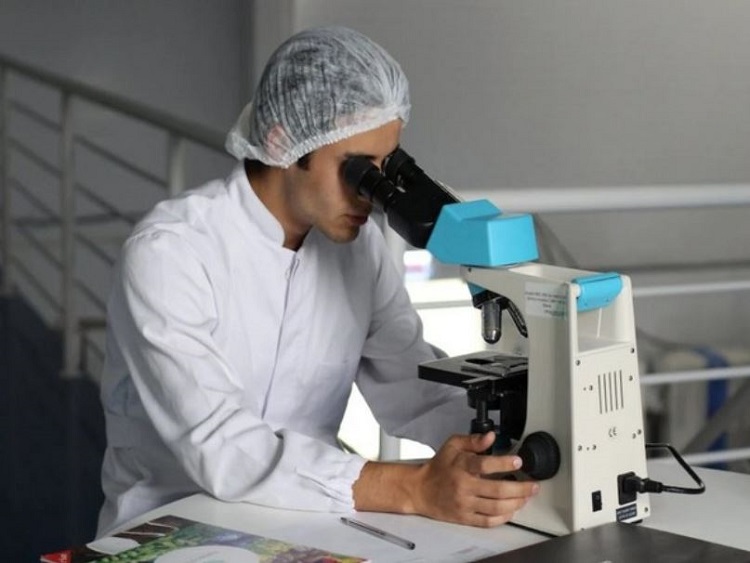Researchers find how liver cells control biological clock
To control their activity according to the time of day, organisms rely on a biological clock known as the 'circadian' clock. Read further on Dynamite News:

Paris: To control their activity according to the time of day, organisms rely on a biological clock known as the 'circadian' clock. A central clock, made up of a collection of brain cells known as suprachiasmatic nuclei (SCN), synchronises the circadian clocks found in all of the body's organs, known as 'peripheral' clocks. Until today, it was considered that synchronisation of the circadian cycle in mammals was a one-way process in which the suprachiasmatic nuclei alone synchronised the peripheral clocks.
However, researchers from CNRS, Universite Paris Cite1, and the University of Queensland have recently demonstrated that the liver regulates peripheral clocks as part of a collaborative EU effort.
Teams tested a chimeric mouse model with a liver containing human hepatocytes and discovered that the normally nocturnal animals' daily cycle had advanced by two hours.
Also Read |
Researchers give more insight into heat perception in humans
The mice became active and began feeding two hours before nightfall, thus becoming partly diurnal. The researchers believe this shift comes from the mice's central clock being taken over by the human liver cells in this chimeric animal model. These cells can thus affect the entire rhythmic physiology of the animals, including the clocks of the peripheral organs.
Findings suggested that a change in liver clock -- for example in pathological condition such as cirrhosis -- could affect the synchronisation function of the central clock. This in turn could affect the entire circadian physiology, including the sleep/wake cycle, and contribute to the development of metabolic disease.
It also suggests that restoring disrupted liver biological rhythm could benefit the entire body metabolism.
Also Read |
Study suggests how human body can predict mealtimes
The hormonal and nervous mechanisms driving this dialogue between the brain, liver and biological clock remain to be identified. (ANI)
 Dynamite News
Dynamite News 